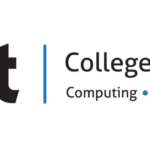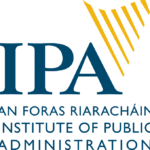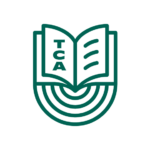It’s not quite like being on holiday all the time, but travel and tourism courses can open up a whole wide world of career choices. . .
The tourism industry is booming, all over the world, and especially in Ireland. The combination of cheaper transport and extra money in people’s pockets means that travel and tourism are among the fastest growing business areas around. The World Tourism Organisation say that the number of international trips grew from 25 million in 1950 to approximately 763 million in 2004. Not all of these were American retirees coming to Connemara, or Irish families on the way to the Algarve, but plenty were.
Therefore there are plenty of career options available in the travel and tourism industries, and lots of people decide to take a nightcourse to boost their professional prospects. An estimated 250, 000 people work in tourism or travel in Ireland, and the opportunities are growing all the time. Some people take a part time course to break into the sector, while lots of other people who already have their foot in the door decide to gain an extra qualification or skill to help speed their climb up the career ladder.
Careers in tourism are obviously about much more than booking hotels or showing people the sights, and this is reflected in the course options available. These range from professional development programmes in areas such as travel agency or hospitality management, to less obvious courses which can be useful for pursuing a career in tourism, such as languages, marketing, heritage, environmental science, etc.
There are many schools, colleges and course providers out there who provide training and education in tourism and travel type subjects. These can range from short nightcourses focusing on a particular part of the business (e. g. air stewarding, travel agency) to undergrad or postgrad courses in tourism.
Many tourism courses focus particularly on the business end of things. This means that students learn how the tourism industry works – the roles of the different actors (e. g. tour operators, transport companies, public sector, hospitality, culture & heritage etc. ). They also study subjects such as marketing, international business and IT, and may take refresher or beginner language classes. Some can offer the chance to specialise in a particular area – e. g. eco-tourism or international travel.
Some part time courses are more vocational and prepare people to work in an airport or for an airline. Accredited qualifications in International Travel Industry Studies teach skills and knowledge such as international travel regulations, airline terminology, passenger handling and cabin crew duties and responsibilities, and also give proficiency in using IT systems such as Galileo and Sabre which are used throughout the travel industry.
There are also plenty of full time courses available for people who wish to pursue a career in tourism. These include undergrad courses entered through the CAO and also Post-Leaving Cert courses where you apply directly to the college. Finally there are also postgrad programmes on offer in tourism and international business.
Tourism programmes cover subjects such as a language, tourism culture and heritage studies, tourism law, marketing, organisational studies and global tourism analysis. Many courses combine business studies with a tourism qualification, which is useful for promotion through the industry into areas such as retail tourism and tourism development.















